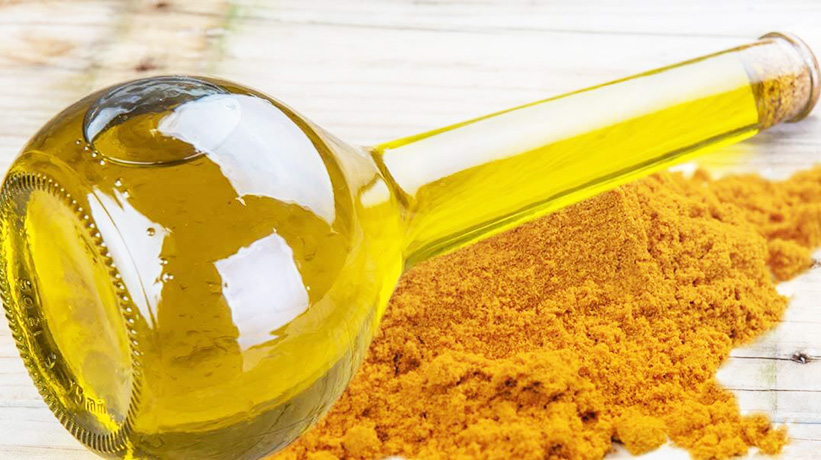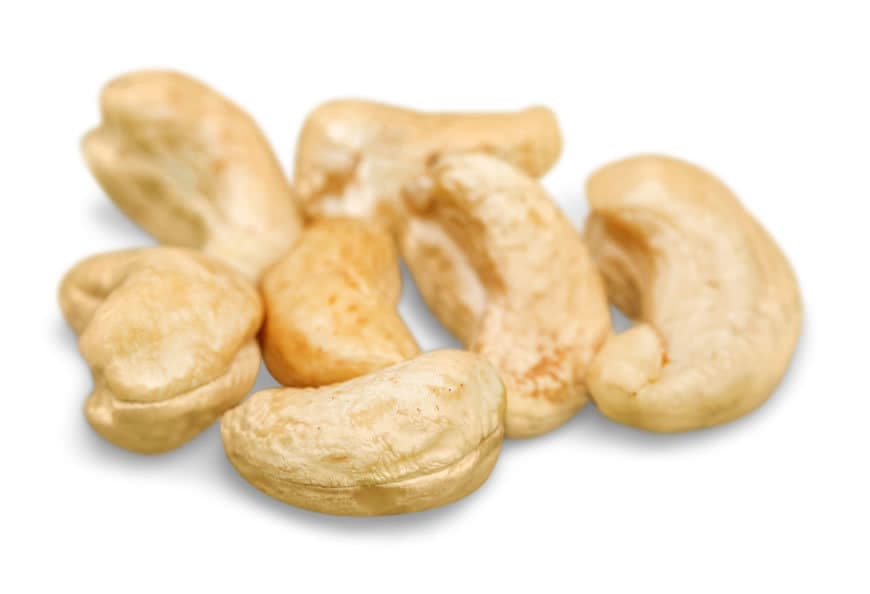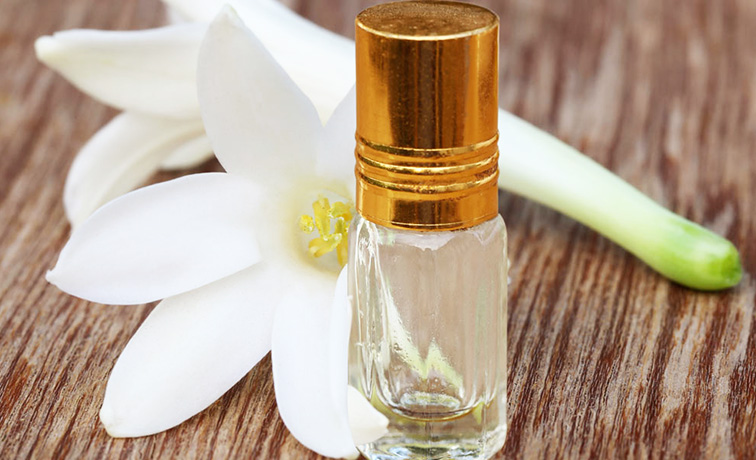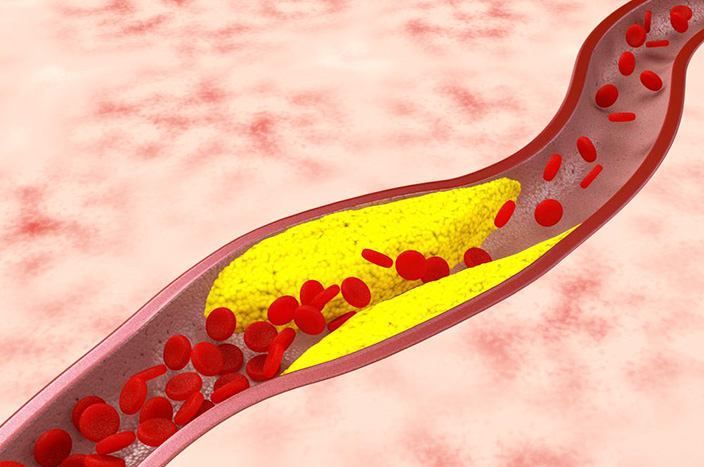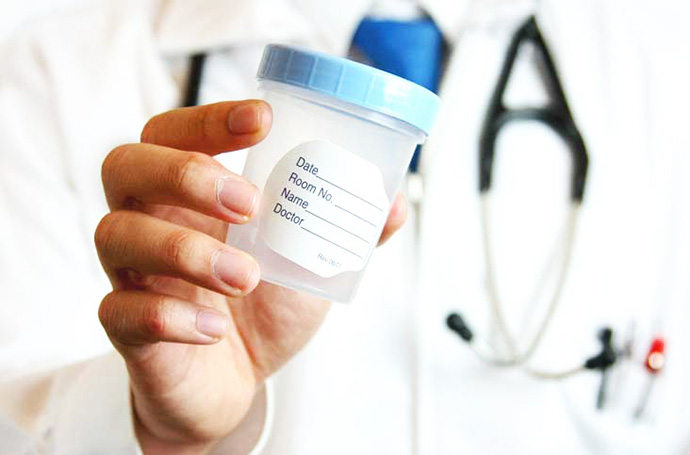When you are excited, stressed or nervous, your body produces adrenaline, which is sometimes referred to as the fight-or-flight chemical. It brings about so many physiological changes such as rapid breathing, increased heart rate, elevated blood pressure, tightened muscles, amplified awareness and boosted energy levels.
As you can see, adrenaline is a friend particularly during certain instances or situations. However, there are times, too, when having adrenaline coursing through your bloodstream, particularly in excessive amounts, can be a bad thing. This is most especially true if you are suffering from anxiety.
Experts say that the many different symptoms you are experiencing when you are anxious can be brought about by an increase in the levels of adrenaline within you. Palpitations, tingling sensations, chest tightness, rapid breathing — these and many others can in fact be due to a boost in adrenaline levels.
If you have anxiety, one way to keep attacks at bay as well as to keep every attack manageable is by keeping high levels of adrenaline in your body in check. Here are some of the things that you may try:
Take Slow Deep Breaths
It’s not a good idea to take rapid shallow breaths when you are feeling anxious as this will only cause more adrenaline to be produced. What you need to do instead is take slow deep breaths. An easy way to do it is by performing the box technique, which involves inhaling for 4 seconds, holding your breath for 4 seconds, exhaling 4 for seconds and holding your breath for another 4 seconds. By the way, do this using your belly muscles, not your chest muscles.
Relax Your Muscles Progressively
One of the unfavorable effects of increased adrenaline in the blood is tensed muscles. What you should do when you are anxious and you feel that your muscles are tightened is to have them relaxed progressively. Start by contracting the muscles in your feet for a couple of seconds and then relax them. Next, contract your calf muscles for a few seconds and then relax them. Keep repeating this pattern until you finally reach your head.
Get Enough Sleep Nightly
Having 7 to 9 hours of sleep every night is a good idea if you are suffering from anxiety because this will help put your problem under control and at the same time keep in check high levels of adrenaline. If it’s your anxious thoughts or adrenaline itself that is keeping you from having a good night’s sleep, you may try consuming a banana, drinking a glass of milk, or having a cup of tart cherry juice, chamomile tea, lemon balm tea or lavender tea.
Stay Away From Certain Foods
It’s also important for you to mind what goes into your mouth each and every time. If you don’t want your bloodstream to be flooded with adrenaline and your anxiety triggered, stay away from foods that contain lots of sugar. Similarly, you should also avoid or greatly limit your intake of alcohol and caffeinated beverages such as coffee, soda and energy drinks. As you avoid them, include plenty of fresh fruits and vegetables in your everyday diet.
CAUTION: There are many health problems that can mimic the symptoms of anxiety. It’s a good idea for you to consult your doctor if you frequently experience fast and pounding heart beats, chest tightness, shortness of breath and others. If your doctor gives you a clean bill of health, then it’s very much possible for him or her to refer you to a therapist or psychiatrist if it seems like anxiety is the root cause of all of those symptoms.
Kindly get this article reposted on social media to let your family and friends who suffer from anxiety know how to attain calmness by reducing the levels of adrenaline in the body.

